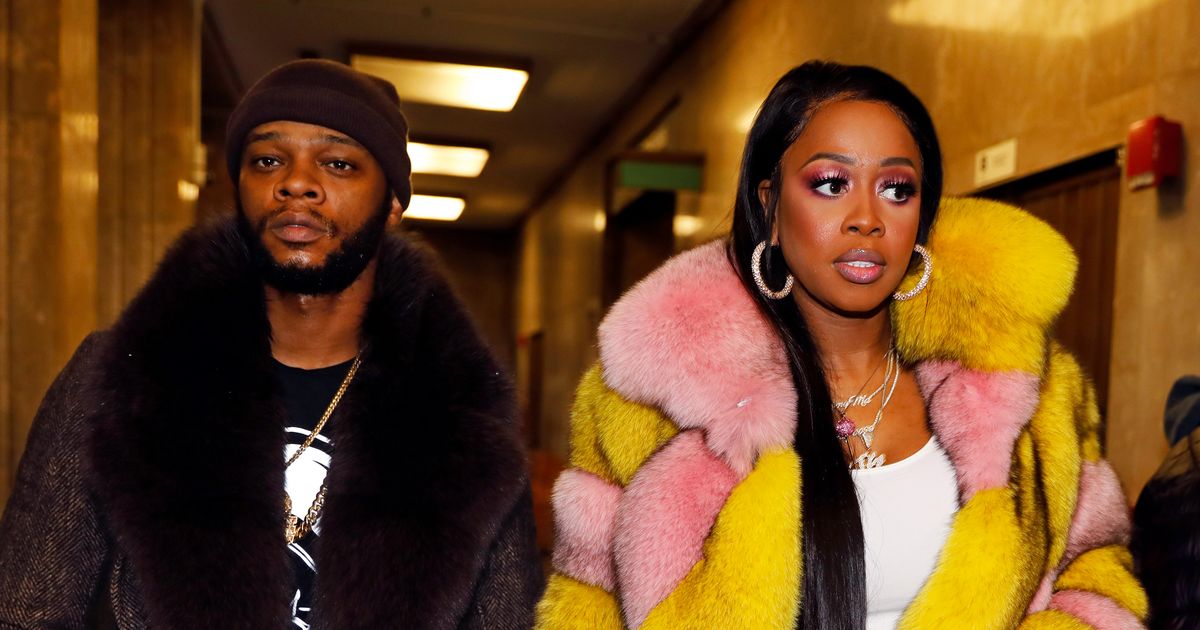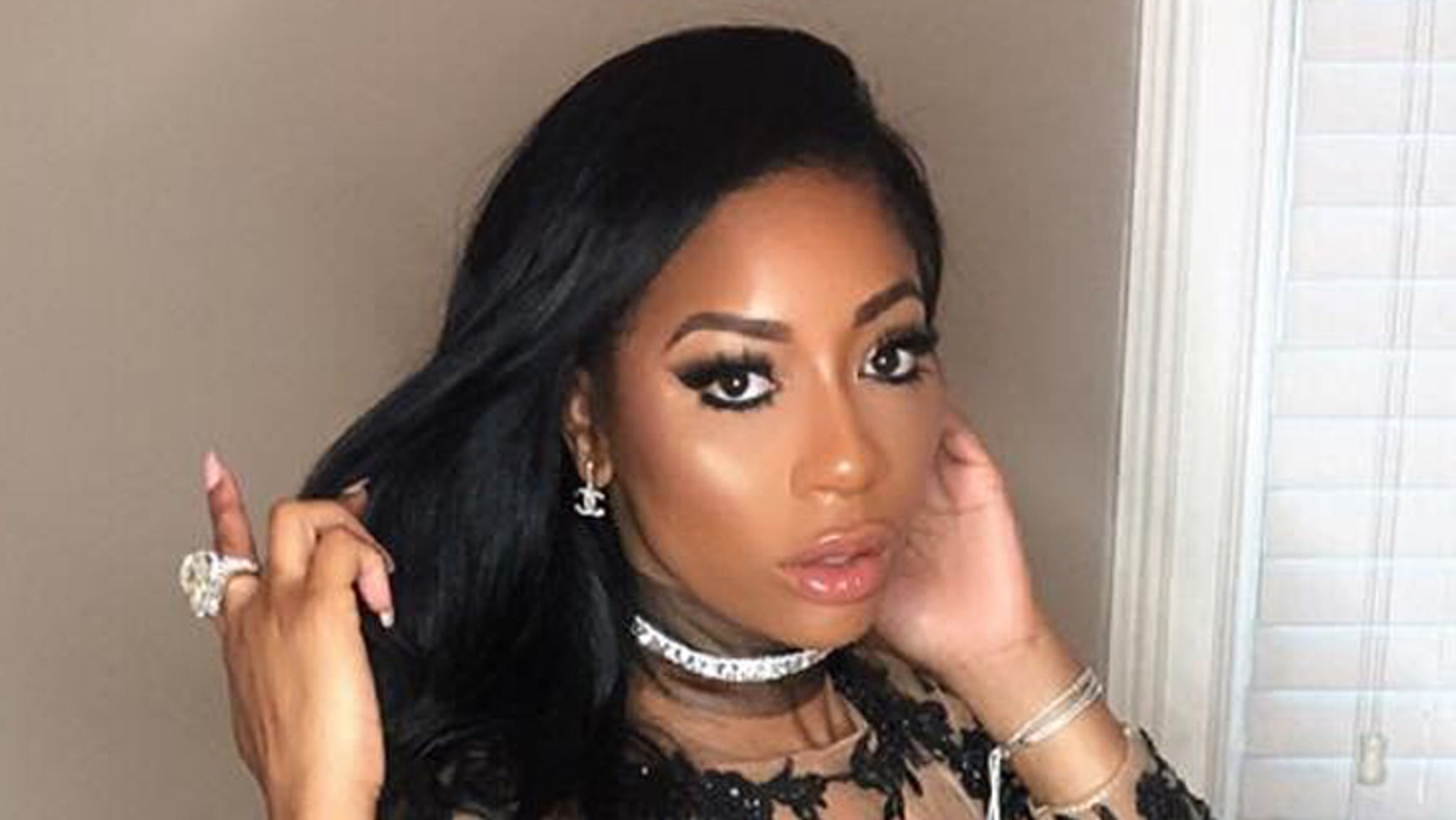Jay Z's assault case has been a topic of interest for many years, sparking debates about justice, celebrity privilege, and the influence of hip-hop culture on legal proceedings. This high-profile legal drama not only shaped Jay Z's career but also influenced how the public perceives celebrities in the courtroom. In this article, we delve into the details of the case, exploring its implications and asking the question: did hip-hop win?
The world of hip-hop is often intertwined with controversy, and Jay Z's assault case is no exception. As one of the most iconic figures in the music industry, his legal battle became a symbol of the challenges faced by artists who navigate both artistic expression and legal systems. This case serves as a microcosm of larger societal issues, including race, privilege, and the power dynamics within the entertainment industry.
Throughout this article, we will explore the nuances of Jay Z's assault case, its resolution, and its impact on the broader hip-hop community. By examining the details of the case, its outcome, and the public's reaction, we aim to provide a comprehensive understanding of whether this case was indeed a "win" for hip-hop culture.
- Comprehensive Guide To Movies Rules And Regulations Everything You Need To Know
- Smith Machine Squat The Ultimate Guide To Maximizing Your Workout
Biography
Jay Z, born Shawn Corey Carter on December 4, 1969, in Brooklyn, New York, is one of the most influential figures in the history of hip-hop. Rising from humble beginnings in the Marcy Projects, he transformed himself into a global icon, renowned for his lyrical prowess and entrepreneurial spirit.
| Full Name | Shawn Corey Carter |
|---|---|
| Date of Birth | December 4, 1969 |
| Place of Birth | Brooklyn, New York |
| Occupation | Rapper, Entrepreneur, Philanthropist |
| Net Worth | $1.1 billion (as of 2023) |
Early Life and Career
Growing up in a neighborhood plagued by crime and poverty, Jay Z's early life was marked by challenges that would later fuel his music. He began rapping in the late 1980s, eventually founding Roc-A-Fella Records in 1995. His debut album, "Reasonable Doubt," released in 1996, established him as a force in the hip-hop world.
Overview of Jay Z's Assault Case
Jay Z's assault case dates back to an incident in 1999, when he was involved in a violent altercation at the Grammys afterparty. The event, which occurred at the famous Roseland Ballroom in New York City, became a defining moment in his career and public persona. The case revolved around a disagreement with music executive Lance "Un" Rivera, leading to charges of assault and weapons possession.
- Mkvmoviespoint1 Your Ultimate Guide To Movie Downloads And Streaming
- Bruce Willis The Legacy Lives On Debunking The Myth Of Bruce Willis Died
Long-Term Impact
This incident not only affected Jay Z's personal life but also influenced public perception of celebrities and their legal entanglements. The case highlighted the complexities of fame and the scrutiny that comes with being in the public eye.
Case Details
The incident began with a verbal dispute between Jay Z and Lance "Un" Rivera, escalating into physical violence. According to reports, Jay Z allegedly used a champagne bottle as a weapon during the altercation, resulting in serious injuries to Rivera. This led to criminal charges being filed against Jay Z.
- Incident Date: March 2, 1999
- Location: Roseland Ballroom, New York City
- Charges: Assault and Weapons Possession
Legal Proceedings
The legal proceedings were highly publicized, with media outlets around the world covering every detail. Jay Z's defense team argued that the altercation was provoked and that their client acted in self-defense. The case drew attention to the broader issue of how celebrities are treated in the justice system.
Courtroom Drama
The courtroom drama surrounding Jay Z's assault case was intense, with high-profile attorneys and a barrage of media attention. Key witnesses were called to testify, and evidence was meticulously examined. The trial became a spectacle, drawing comparisons to other high-profile celebrity cases.
Key Testimonies
Several key figures testified during the trial, including club employees and fellow artists. Their testimonies played a crucial role in shaping the jury's perception of the events that unfolded that night.
Resolution and Aftermath
In 2001, Jay Z reached a plea deal, agreeing to perform community service and attend anger management classes. This resolution marked the end of a lengthy legal battle, allowing Jay Z to focus on his music and business ventures. The aftermath of the case saw Jay Z emerge stronger, using the experience to fuel his artistic expression.
Community Service
As part of the plea deal, Jay Z committed to performing 300 hours of community service. This included working with youth programs and mentoring young artists, showcasing his commitment to giving back to the community.
Hip Hop's Role
The role of hip-hop in Jay Z's assault case cannot be overstated. The genre's emphasis on authenticity and street credibility played a significant part in how the case was perceived by both the public and the legal system. Many argued that hip-hop culture was on trial, with the outcome reflecting broader societal attitudes toward the genre.
Cultural Implications
Hip-hop's influence extends beyond music, shaping perceptions of race, identity, and justice. The case highlighted the tension between artistic expression and societal expectations, raising questions about how artists navigate these complex dynamics.
Impact on Jay Z's Career
Despite the legal challenges, Jay Z's career flourished in the years following the case. He continued to release critically acclaimed albums, expand his business empire, and cement his legacy as a hip-hop icon. The case served as a turning point, reinforcing his resilience and determination.
Artistic Expression
Jay Z's music often reflects his experiences, and the assault case became a source of inspiration for several tracks. His ability to transform personal struggles into art resonated with fans worldwide, further solidifying his status as a cultural icon.
Public Reaction
The public reaction to Jay Z's assault case was mixed, with opinions ranging from support to criticism. Many fans viewed the case as a reflection of the challenges faced by artists in the hip-hop community, while others questioned the fairness of the legal proceedings.
Social Media Influence
In the era of social media, public discourse around the case gained new dimensions. Platforms like Twitter and Facebook allowed fans and critics alike to voice their opinions, contributing to a broader conversation about celebrity justice and societal norms.
Analysis of the Case
Analyzing Jay Z's assault case reveals deeper insights into the intersection of fame, justice, and culture. The case underscores the complexities of navigating the legal system as a public figure, particularly within the context of hip-hop. It also highlights the importance of accountability and redemption in shaping public perception.
Lessons Learned
From this case, several lessons emerge about the role of celebrities in society and the responsibilities that come with fame. It serves as a reminder of the power dynamics at play and the need for fair treatment under the law, regardless of one's status.
Conclusion
Jay Z's assault case remains a pivotal moment in his career and the broader hip-hop community. While the legal battle was challenging, it ultimately strengthened his resolve and contributed to his legacy as a cultural icon. The question of whether hip-hop won in this case can be answered by examining the broader impact on the genre and its artists.
We invite you to share your thoughts on this article in the comments section below. For more insights into the world of hip-hop and celebrity culture, explore our other articles. Together, let's continue the conversation about the intersection of music, justice, and society.
- Bollyflix Bangla Your Ultimate Guide To Bangla Movies And Beyond
- Movierulz 2025 English Your Ultimate Guide To Streaming Movies


